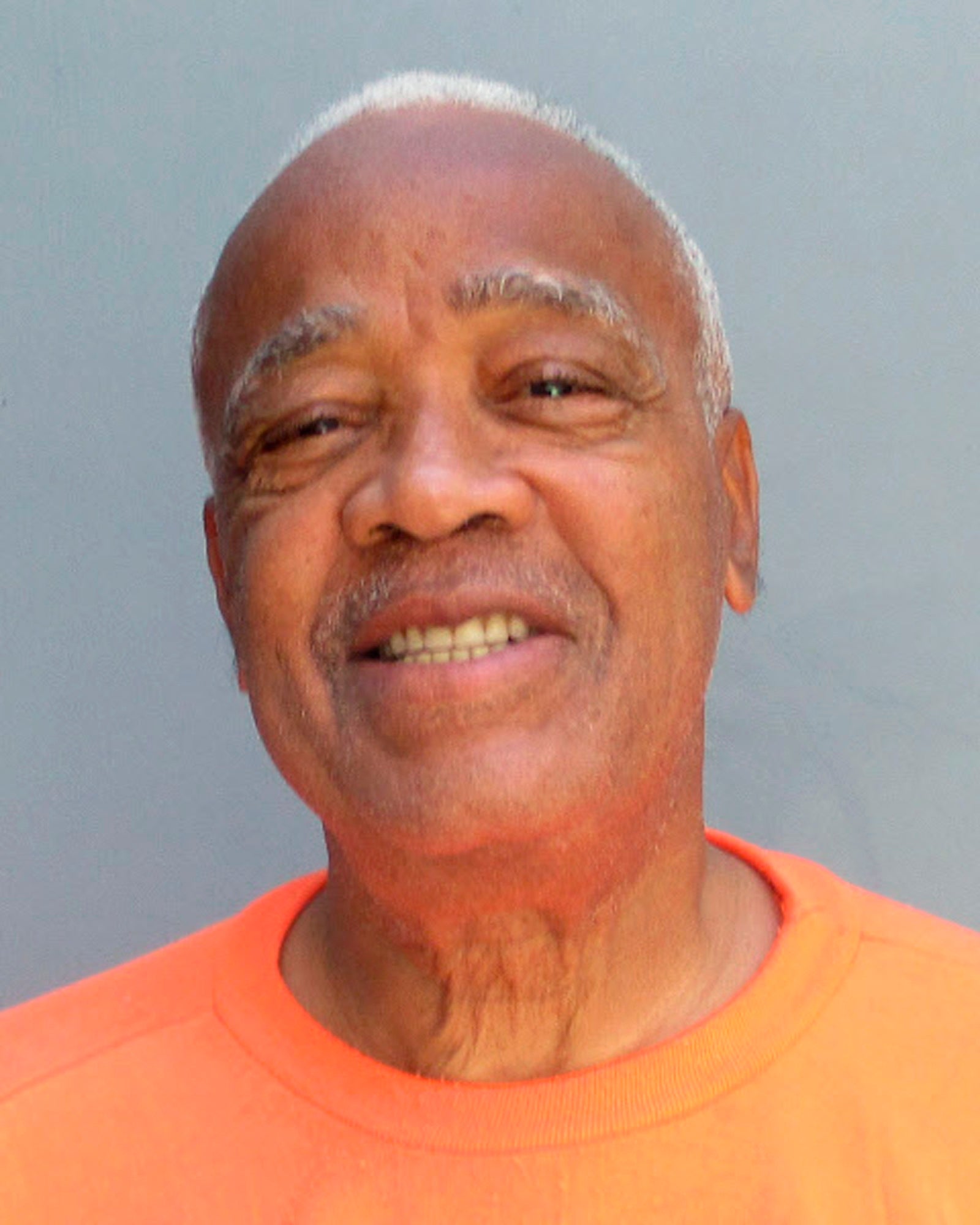Judge keeps Arizona execution plan on track for Wednesday
Plans to execute an Arizona man for two killings in 1980 remain on track after a judge denied the inmate’s bid to postpone a scheduled lethal injection

Your support helps us to tell the story
From reproductive rights to climate change to Big Tech, The Independent is on the ground when the story is developing. Whether it's investigating the financials of Elon Musk's pro-Trump PAC or producing our latest documentary, 'The A Word', which shines a light on the American women fighting for reproductive rights, we know how important it is to parse out the facts from the messaging.
At such a critical moment in US history, we need reporters on the ground. Your donation allows us to keep sending journalists to speak to both sides of the story.
The Independent is trusted by Americans across the entire political spectrum. And unlike many other quality news outlets, we choose not to lock Americans out of our reporting and analysis with paywalls. We believe quality journalism should be available to everyone, paid for by those who can afford it.
Your support makes all the difference.Plans to execute an Arizona man on Wednesday remain on track after a judge refused to postpone the lethal injection, rejecting a bid to allow fingerprint and DNA testing on evidence from two 1980s killings that led to the inmate's death sentence.
Lawyers for Murray Hooper said their client is innocent, that no physical evidence ties him to the killings of William “Pat” Redmond and his mother-in-law, Helen Phelps, and that testing could lead to identifying those responsible. They say Hooper was convicted in an era before computerized fingerprint systems and DNA testing were available in criminal cases.
U.S. District Judge Stephen McNamee wrote in Monday's order that the argument by Hooper’s lawyers was flawed in concluding that such testing will automatically establish his innocence.
“Even if forensic testing establishes what Plaintiff (Hooper) hopes it will, that alone will not invalidate the other evidence used to convict him,” McNamee wrote.
McNamee wrote that the absence of Hooper’s fingerprints on evidence wouldn’t undermine witness testimony that he took part in the killings. He especially noted the testimony of Redmond's wife, Marilyn, who authorities said had been shot in the head when Hooper and two other men forced their way into the Redmond home on Dec. 31, 1980. She survived the attack and testified against Hooper.
Hooper’s attorneys, who are appealing the judge's decision, said in a statement that Arizona shouldn’t move forward with the execution plan until the testing is done and his legal team has adequate time to review the evidence.
His lawyers say Marilyn Redmond’s description of the assailants changed several times before she identified their client, who said he was not in Arizona at the time. They also raised questions about the benefits received by witnesses who testified against her client, including favorable treatment in other criminal cases.
“For 40 years, Mr. Hooper has maintained that he was wrongfully convicted and sentenced to death based on corrupt police practices and unreliable witness testimony,” the defense team said.
State courts had previously rejected Hooper’s request for the testing, with a lower-court judge concluding that the evidence implicating Hooper was overwhelming.
Two other men, William Bracy and Edward McCall, were convicted in the killings but died before their death sentences could be carried out.
Authorities say Robert Cruz, who was alleged to have had ties to organized crime, hired Hooper, Bracy and McCall to kill Pat Redmond, who co-owned a printing business. They said Cruz wanted to take over the business and was unhappy that Redmond had rejected his offers to enter several printing contracts with Las Vegas hotels, according to court records. In 1995, Cruz was acquitted of murder charges in both deaths.
Hooper would be the state's third prisoner put to death this year after Arizona resumed carrying out executions in May, following a nearly eight-year hiatus attributed to both the difficulty of obtaining lethal injection drugs and criticism that a 2014 execution was botched.
There are 111 inmates on Arizona’s death row, and 22 have exhausted their appeals, according to the Arizona Attorney General’s Office.